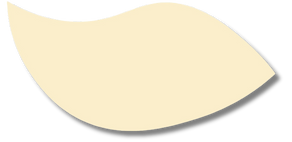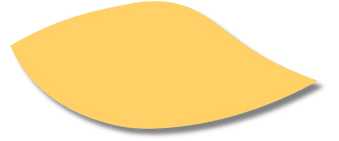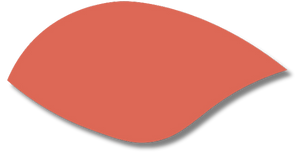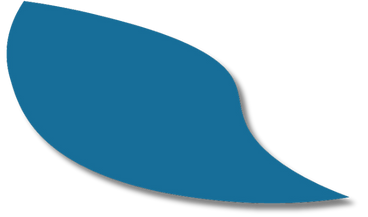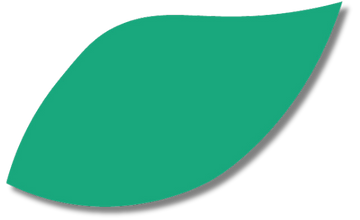International cooperation works best through PERSONAL CONTACT.


ESPARC in Picos de Europa in 2018: EUROPARC Spain



European Nature Academy introduction meeting, Schneverdingen 2023

Alongside Europe's amazing landscapes are its people, our parks’ most significant asset. Their passion powers the values and principles upon which the Protected Area sector is built and gives it true authenticity.
EUROPARC wouldn’t be what it is today, if it wasn’t for people believing that nature conservation concerns all European countries, regardless of political frontiers.
EUROPARC has always been privileged to have inspirational people involved with and passionate about working for Nature across Europe. There were far-sighted people, such as Former President and Director of the Bavarian Forest National Park (DE) Hans Bibelriether. He recognised that a window of opportunity was opening with the reunification of Germany in the 1990’s, that had to be used to establish and then build up as many protected areas as possible in Germany, but also in the new Eastern Bloc countries. Former EUROPARC President Michael Starrett recalls:


Field trip at EUROPARC Conference Ireland 2015 Killarney by Paulo Castro




Hans Bibelriether




Patrizia Rossi and Aitken Clark at a council meeting in the late 1990s, from Eva Pongratz archive
“So many people were inspirational. Certainly, Aitken Clark [Former EUROPARC President, 1990 - 1996] had an enormous influence on me and the organisations which I was lucky enough to direct. Aitken always encouraged his staff [of the Broads Authority in England] to be involved in meetings and conferences, and that is something I took pride in learning from and doing whilst in the Peatlands and whilst with the Heritage Council in Ireland. His legacy also extends to displaying an eternal gratitude and appreciation for the work in which we were involved. Who can forget his response to being asked how he was: “absolutely marvelous. How could I be anything else?"
-Michael Starrett (IE), Former EUROPARC President 2002-2005

EUROPARC has been fortunate that many visionary, dedicated people have stepped forward to take the leadership role as President of the Federation, with many more serving as council members. We stand on the shoulder of giants that have led the organisation and driven it forward. The timeline of EUROPARC’s history charts that story.

The most important people in the EUROPARC Federation are its members.
They are the heartbeat of the organisation. The future of the Federation is guided by the members’ wishes and the Federation will change, renew and adapt to the changing circumstances of the Protected Areas of Europe. Throughout the Federation’s history, it has been the participation of members that has led the agenda.

The work of the Federation has been supported over the years by members coming together in working groups and commissions.
They have covered topics such as sustainable tourism, marine and coastal, health and Protected Areas, wilderness and transboundary cooperation, amongst many. They consider policy issues, bring together best practice, develop new methodologies, look to future agenda development and seek new ways to conserve nature at site level. They continue to be an excellent breeding ground for new ideas and innovative solutions. Their voluntary commitment and unquantifiable dedication, is a testament to the ongoing belief in the vision of the management of Europe's shared natural heritage through international cooperation.



Over the years, the Federation has supported the creation of regional and national sections. The sections fulfil many of EUROPARC Federation’s aims, whilst reflecting the priorities and characteristics of the areas they cover. They undertake a huge volume of work and both support and stimulate the work of the Federation as a whole.
EUROPARC has always endeavoured to be outward looking and inclusive, so it was with relish that a new experience exchange programme was embraced during the late 1990’s.
Seeking to connect with parks beyond Europe, connections were made with Asia and South America, as well as across our own continent. Indeed, it was through the exchanges with South America that new bridges were built between nature and national parks in Spain. Such connections gave outlets for greater pride and recognition of what nature parks had to offer nationally, also in Italy and other countries, having been seen through the lens of international cooperation. Many other concrete outcomes arose from these exchange programmes, such as advances in monitoring systems in Finland, and greater participation of Eastern European members: as Jens Bruggeman, the then project coordinator, explains:
Also, Patrizia Rossi remembers:
“Always very active in projects and working groups, I enthusiastically participated in the Partnership and Exchange project, which, financed by the European Union, allowed exchanges with parks in the Southern Hemisphere. We had a twinning with the Huascarán National Park in Peru.”
- Patrizia Rossi (IT), Former EUROPARC President 1999-2002
Michael Starrett confirms:
“International Co-operation and Personal Contact rely on, and bring, mutual understanding and EUROPARC was a real melting pot designed to bring both to the fore. When you consider the diversity of cultures with which the organisation contends its work and modus operandi, it is a model from which many others could learn. For example, the organisational culture always allowed it to work within an overtly political and democratic system without itself being overtly political. To not have worked through this manner - based on respect and mutual understanding (even when differences exist) would have meant loss of focus on the task for which the organisation exists.”
-Michael Starrett (IE), Former EUROPARC President 2002-2005


EUROPARC office in Brussels (BE)

A major step forward in the 1980's was the opening of an office in Grafenau (DE) and the appointment of the Federation’s first staff member Eva Pongratz.
The opening of an office in Brussels (BE) in 2007, as well as the move to the new premises in Regensburg (DE), and the dedication and passion of numerous staff members, past and present, has enabled the Federation to focus energies on the communication with members to develop policy and programmes to support the management of Europe's Protected Areas.
EUROPARC was driven by the volunteer effort of its members well beyond its first decade.


EUROPARC office in Regensburg (DE)


Choose a leaf to continue your story journey.


